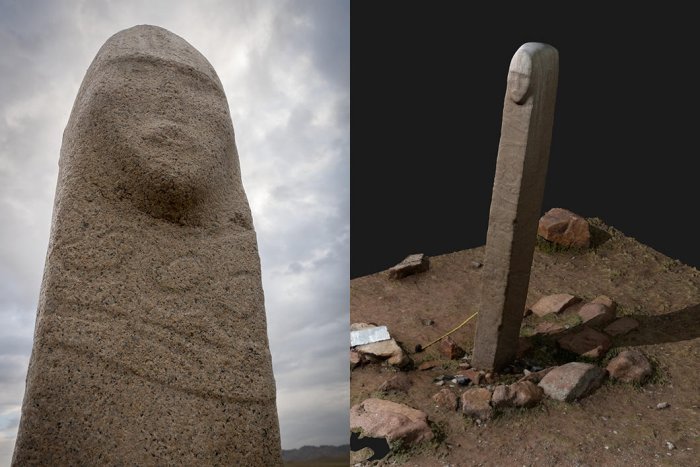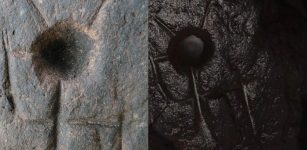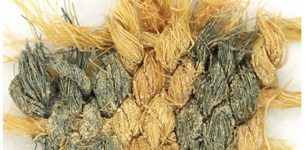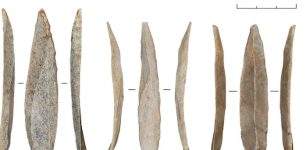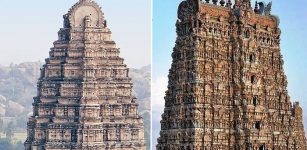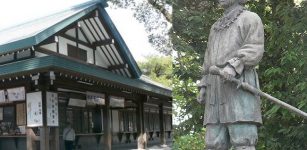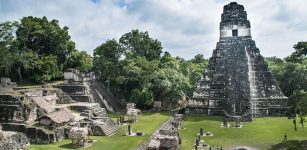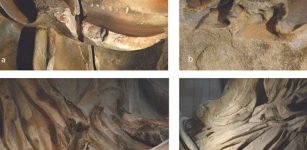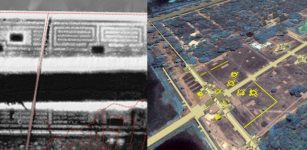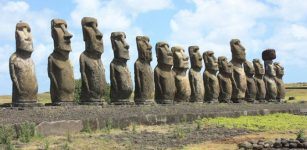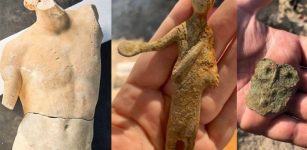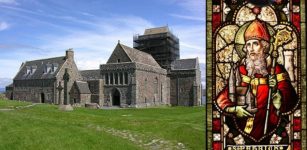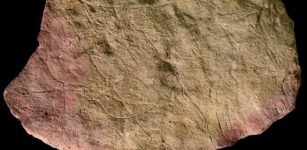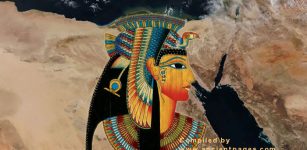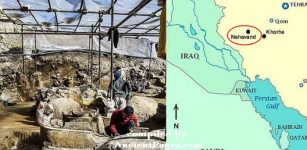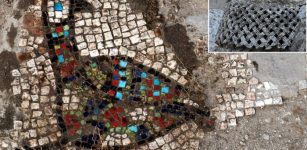Mysterious Steles Of Mongolia – ‘Deer Stones’ In The Tsatsyn Ereg Necropolis
Conny Waters - AncientPages.com - Nearly a thousand ornamented steles dot the Mongolian steppes.
These “deer stones” were erected between 1200 and 800 BC, and are part of large funerary complexes built by nomads from the Karasuk culture or Deer stone civilization.
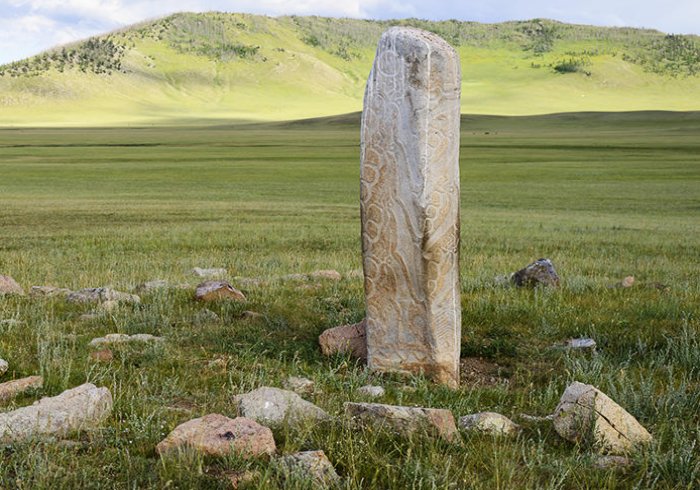
The Tsatsyn Ereg necropolis, located in Arkhangai Province. Image credit: Fabrice Monna/MAP MC/Traces/ARTeHIS/CNRS Photothèque
The Tsatsyn Ereg necropolis, located in Arkhangai Province, is being studied by an international team as part of a joint archeological mission between Monaco and Mongolia, under the direction of the Musée d’Anthropologie préhistorique de Monaco and the Mongolian Academy of Sciences.
One hundred and thirteen deer stones have been found on this site measuring 200 square kilometers.
Located 250 kilometers from Tsatsyn Ereg, this extremely rare stele with an anthropomorphic head, measuring 2.6 meters in height, was modeled in 3D. It can now be studied more easily and shared with other scientists.
The representation of deer follows the same graphic codes from one site to another: elongated muzzle, disproportionate antlers, bodies stretched toward the sky. Deer were probably tasked with leading the souls of the dead toward the afterlife.
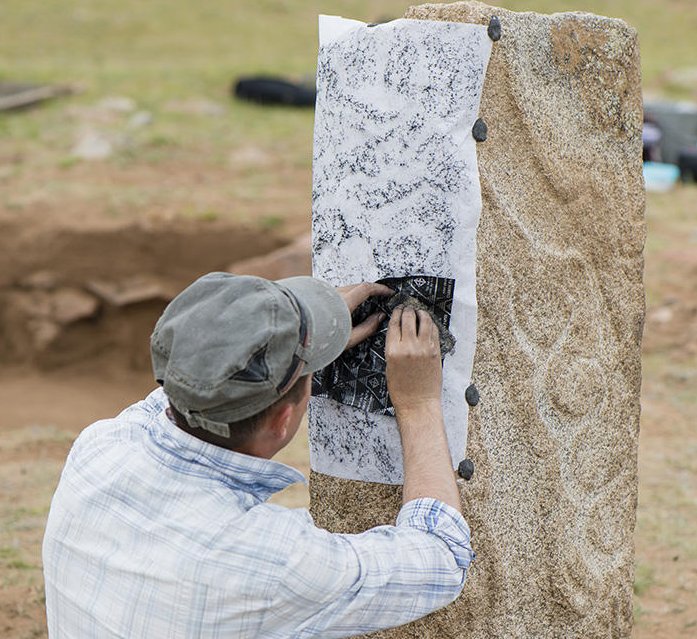
The Tsatsyn Ereg necropolis in Mongolia; archaeologists use photogrammetry, complemented by a method called estampage:. Image :Fabrice Monna/MAP-MC/Traces/ARTeHIS/CNRS Photothèque
Photogrammetry is complemented ( image above) by a method called estampage: a white sheet is attached to the stele, a sheet of carbon paper is placed on top, and gentle rubbing reveals the roughness of the surface.
Three thousand years later, Mongol nomads continue to crisscross the plains of Tsatsyn Ereg and breed horses. The scientific team is also exploring their ancient know-how.
Written by Conny Waters – AncientPages.com Staff Writer
Expand for referencesReferences:

